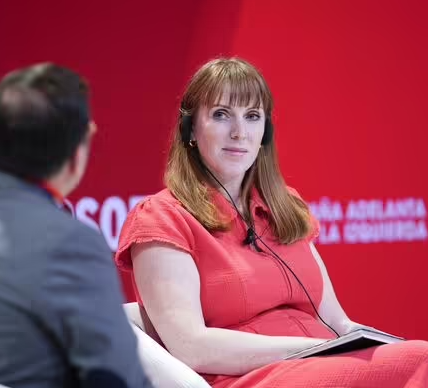If your state pension remains at the current £230.25 a week, thereby missing out on increases over the next 20 years, this is a potential loss of £70,000.

State pensions are ‘frozen’ in roughly 150 countries around the world. (Image: Getty)
Shocking new research has discovered that British expats living in a selection of “wrong” countries could miss out on £70,000 in state pension. There are roughly 150 countries around the world where state pensions are “frozen”, such as Canada and Australia, and living in one of them could be dire for retirees’ savings.
If your state pension remains at the current £230.25 a week, thereby missing out on the increases other people will receive over the next 20 years, this is a potential loss of £70,000, according to Interactive Investor. The investment service said a whopping 450,000 pensioners are already affected as they live in a country where their state pensions remains at whatever amount it was set at when they moved. Over the past 15 years, elderly people in these countries have lost out on an estimated £26,000.
Interactive Investor senior personal finance anaylst Myron Jobson said: “Many pensioners dream of spending their golden years overseas – whether it’s for a warmer climate, an improved quality of life or to be closer to family and friends.
“But while the lifestyle may be appealing, it’s vital to consider how such a move could affect your state pension entitlement.”
The £70,000 figure over 20 years was based on a 3.7% state pension rise from April 2026, followed by a 2.5%-a-year increase after that.
Interactive Investor landed on a 3.7% increase as that is the Office for Budget Responsibility’s current inflation forecast for September 2025. Its figures also showed a loss of £433 in the shorter time frame of just one year.
This is because retirees in countries with “frozen” state pensions don’t benefit from the triple lock, which increases it every year by either inflation, average earnings growth, of 2.5% – whichever is highest.
British expats living in a country without a triple lock should look into a a private pension pot and top up national insurance gaps, Mr Jobson said.
He explained: “Consider topping up any gaps in your national insurance record to maximise what you’re entitled to. Deferring your state pension can boost the amount you get, though it won’t help with uprating in frozen countries.
“Most importantly, building a strong private pension pot can help provide the financial cushion you’ll need to maintain your standard of living abroad, regardless of state pension freezes.
“It is worth considering seeking advice from a financial adviser to fully understand the implications of retiring abroad and plan accordingly.”



